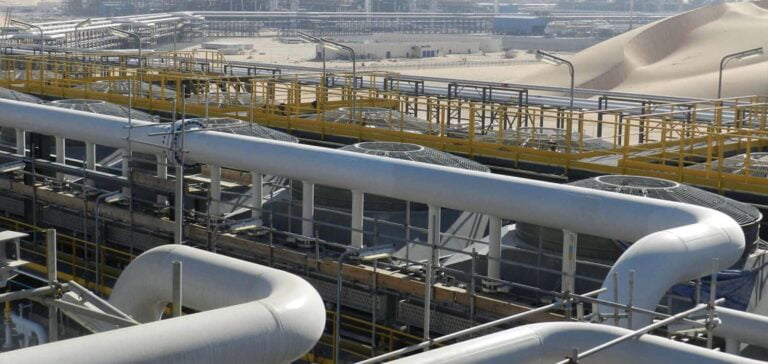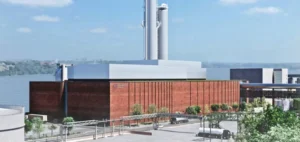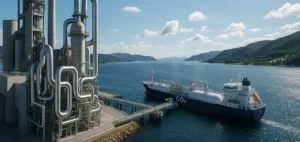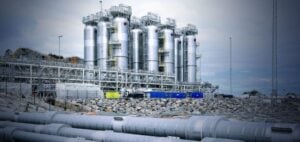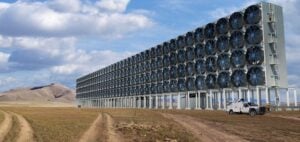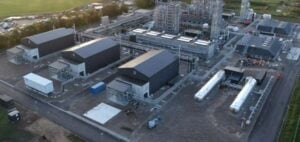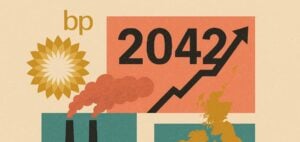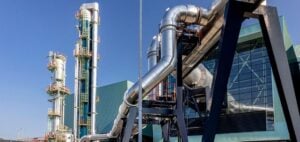Aramco unveils two projects: one to produce kerosene using CO2 and green hydrogen.
The other will produce gasoline from renewable sources.
Aramco unveils 2 projects
On the sidelines of the Future Investment Initiative in Riyadh, Aramco’s CTO unveiled two pilot projects.
The first will produce kerosene from CO2 andgreen hydrogen, the second gasoline from other renewables.
CO2 will be captured from the air or from emitting activities.
“These are pilot projects, but if they work and are accepted by the market, we can scale them up,” says Ahmad Al Khowaiter, CTO of Saudi Aramco.
Circularization of the carbon economy
The project is part of a circularization of the carbon economy.
By capturing CO2 and converting it back into fuel, Aramco hopes to create a virtuous industrial circle that is more respectful of the environment.
The idea is also to diversify Aramco’s activities at a time when the exploitation of hydrocarbons is coming to an end.
Aramco already has extensive experience in CO2 and hydrogen capture.
The company began capturing CO2 in 2015, with an annual output of around 600,000 mt per year.
As for hydrogen, the Saudi company produces it from natural gas and hopes to reach large-scale capacity by 2030.
The company aims to make hydrogen the basis of all its activities, including fuel production.
Large-scale hydrogen project in Jafurah
The kingdom has announced that it has embarked on a large-scale project in Jafurah to increase its hydrogen production.
Aramco remains evasive on the expected profitability, but discloses a price of between $1.5 and $2 per kg of hydrogen.
One of the main challenges will be managing the logistics of hydrogen, which is far more complex than oil or gas.
With the imminent opening of COP26, Saudi Arabia has announced its intention to achieve carbon neutrality by 2060.
These renewable fuel projects are of course an integral part of this decarbonization policy.
Today, the country relies solely on gas and oil for its energy production.
As the world leader in hydrocarbons, Aramco remains one of the biggest contributors to CO2 emissions in the country and the world.

